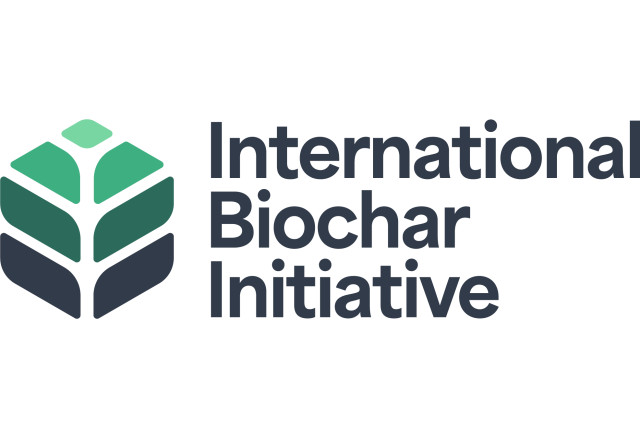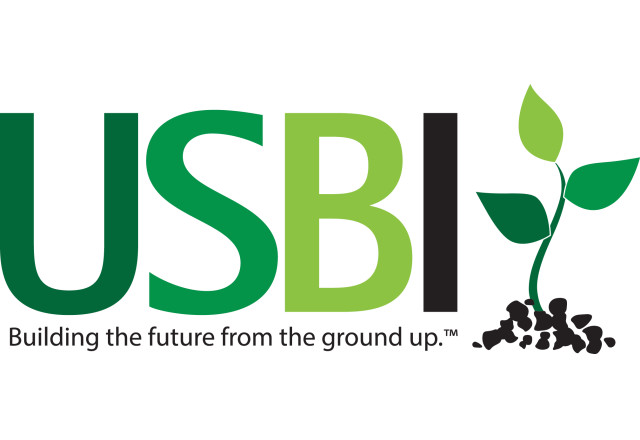Global Biochar Market Soars to $600 Million in 2023, Setting the Stage for Future Growth

NEW YORK, March 25, 2024 (Newswire.com) - Showing a 91% CAGR production growth rate from 2021 to 2023, the International Biochar Initiative (IBI) and the US Biochar Initiative (USBI) announce the release of the 2023 Global Biochar Market Report. This report surveyed over 1,000 stakeholders from all industry sub-sectors, with responses from 101 countries across the globe. This study, the first industry-produced, global research since 2015, highlights the significant strides and potential of biochar as a carbon dioxide removal (CDR) technology, underscoring its increasing role as a climate change solution.
Biochar, a stable form of carbon created from organic materials, such as agricultural crop residues and forestry trimmings, has emerged as a leading technology in delivering durable CDR, boasting a potential removal of up to 6% of global emissions annually, and in 2023, biochar carbon removal represented over 90% of delivered carbon credits (CDR.fyi). With a current production rate of at least 350,000 metric tonnes annually, the biochar industry is on a steep growth trajectory, and with a clear path to delivering a gigaton of biochar carbon removal by 2040. This rapid expansion is matched by a strong industry optimism, projecting revenues to soar to nearly $3.3 billion by 2025, from $600 million in 2023.
The report identifies key challenges and areas for future research, such as enhancing participation in voluntary carbon markets and overcoming obstacles to scaling high-quality markets for physical biochar. It also emphasizes the diversity of production technologies and business models within the industry, advocating for a more inclusive approach that accommodates various scales of operation and supports production around the world.
“Biochar is a system,” affirmed IBI Board of Directors Chair Lucia Brusegan, “and this market research confirms the interconnectedness of market demand, carbon credits, physical biochar benefits and uses. This research also shows the many scales in which biochar is produced, from massive industrial plants that also produce clean energy, to smaller kilns that are helping farmers utilize crop residues and shift from crop burning. The report highlights the adaptability of biochar systems in addressing various climate change challenges, encompassing carbon removal, among others.”
“The results from this survey highlight the growth in the biochar industry as it emerges as a key CDR technology. At the same time, the survey sends a clear message that developing high-volume, high-value markets for biochar is a key challenge. USBI and IBI are focused on developing these markets, in collaboration with biochar industry partners, to develop robust markets for biochar in industrial and agricultural supply chains where biochar can help meet GHG emissions targets such as SBTi,” said report co-author, Myles Gray, Operations Director, USBI.
Stressing the importance of industry organizations in supporting growth through market demand generation, policy advocacy, and access to funding, the report culminates in a call to action for increased engagement from all industry sectors and geographic regions.
The 2023 Global Biochar Market Report is available for download at the following link: https://biochar-international.org/2023-global-biochar-market-report/.
About the International Biochar Initiative (IBI):
Founded in 2006, the International Biochar Initiative provides a platform for fostering stakeholder collaboration, good industry practices, and environmental and ethical standards to support biochar systems that are safe and economically viable. As the global network for a rapidly-scaling biochar industry, IBI supports its 600+ members across 70 countries through networking, education, and demonstration initiatives. Learn more: www.biochar-international.org
About the US Biochar Initiative (USBI):
The US Biochar Initiative (USBI) is a nonprofit organization advancing biochar in North America for sustainable food security, improved soil fertility, environment, and climate resilience. USBI promotes the sustainable production and use of biochar through research, policy, technology, and implementation. Learn more: www.biochar-us.org
Source: International Biochar Initiative

